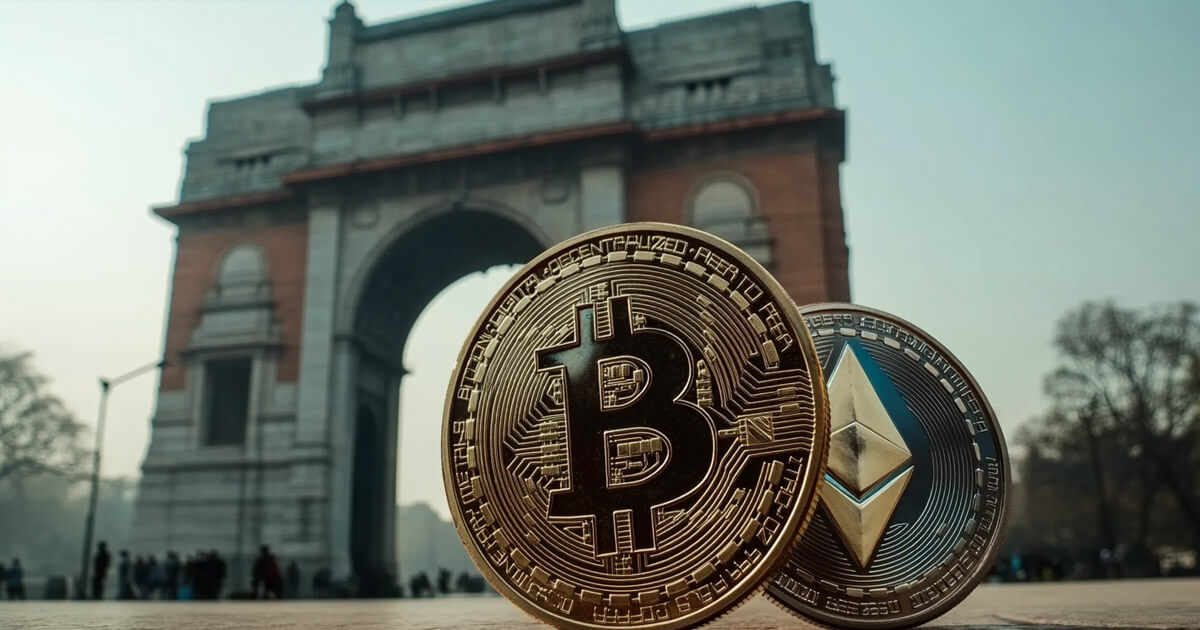
Indian regulators are contemplating banning non-public cryptocurrencies like Bitcoin and like the potential of central financial institution digital currencies (CBDCs) to supply safer and extra inclusive monetary methods, based on native media reviews.
The federal government has consulted key establishments on the difficulty, and plenty of favor prohibiting non-public cryptos. They emphasize that any potential advantages, corresponding to ease of advantages switch, could be achieved with the nation’s digital rupee, the report stated.
An official instructed reporters anonymously:
“CBDCs can do no matter non-public cryptocurrencies declare to do, however with far fewer dangers.”
In addition they said that stablecoins — cryptocurrencies pegged to belongings like gold — usually are not as safe as typically believed. The information comes regardless of India’s place as the worldwide chief in crypto adoption.
Desire for CBDCs
The discussions come forward of a deliberate authorities dialogue paper, with regulators stressing that the dangers posed by cryptocurrencies, together with stablecoins, outweigh any benefits.
India, which endorsed the Worldwide Financial Fund (IMF) and Monetary Stability Board’s (FSB) 2023 synthesis paper on crypto regulation as a part of the G20, could take an excellent stricter strategy. Whereas the synthesis paper helps minimal regulation, it permits nations to impose stricter measures, together with a complete ban on non-public digital currencies.
Officers advocating for a ban argue that blockchain, the know-how behind cryptocurrencies, can nonetheless be used for different socially helpful functions. They talked about blockchain’s potential purposes in tokenizing authorities securities, offering credit score to underserved communities, and extra successfully focusing on subsidies.
In latest remarks, Reserve Financial institution of India (RBI) Governor Shaktikanta Das praised CBDCs’ programmability, which he stated may play a pivotal function in monetary inclusion.
He stated throughout a latest speech:
“CBDCs can make sure that funds attain their meant recipients with out leakage.”
India’s CBDC, the digital rupee, launched within the wholesale phase in November 2022, adopted by a retail pilot in December of the identical yr.
Since then, the retail initiative has grown to incorporate over 5 million customers and 16 collaborating banks. State Financial institution of India (SBI) has additionally explored CBDC utilization with tenant farmers in Odisha and Andhra Pradesh, providing focused loans for agricultural functions.
Officers consider that the digital rupee holds vital promise not just for home monetary transactions but in addition for worldwide funds. The federal government is planning to develop its CBDC pilot applications steadily after reviewing efficiency knowledge.
Whereas the ultimate choice on banning non-public cryptocurrencies has not but been made, India’s rising assist for the digital rupee suggests a robust choice for central bank-controlled digital currencies over decentralized options.

